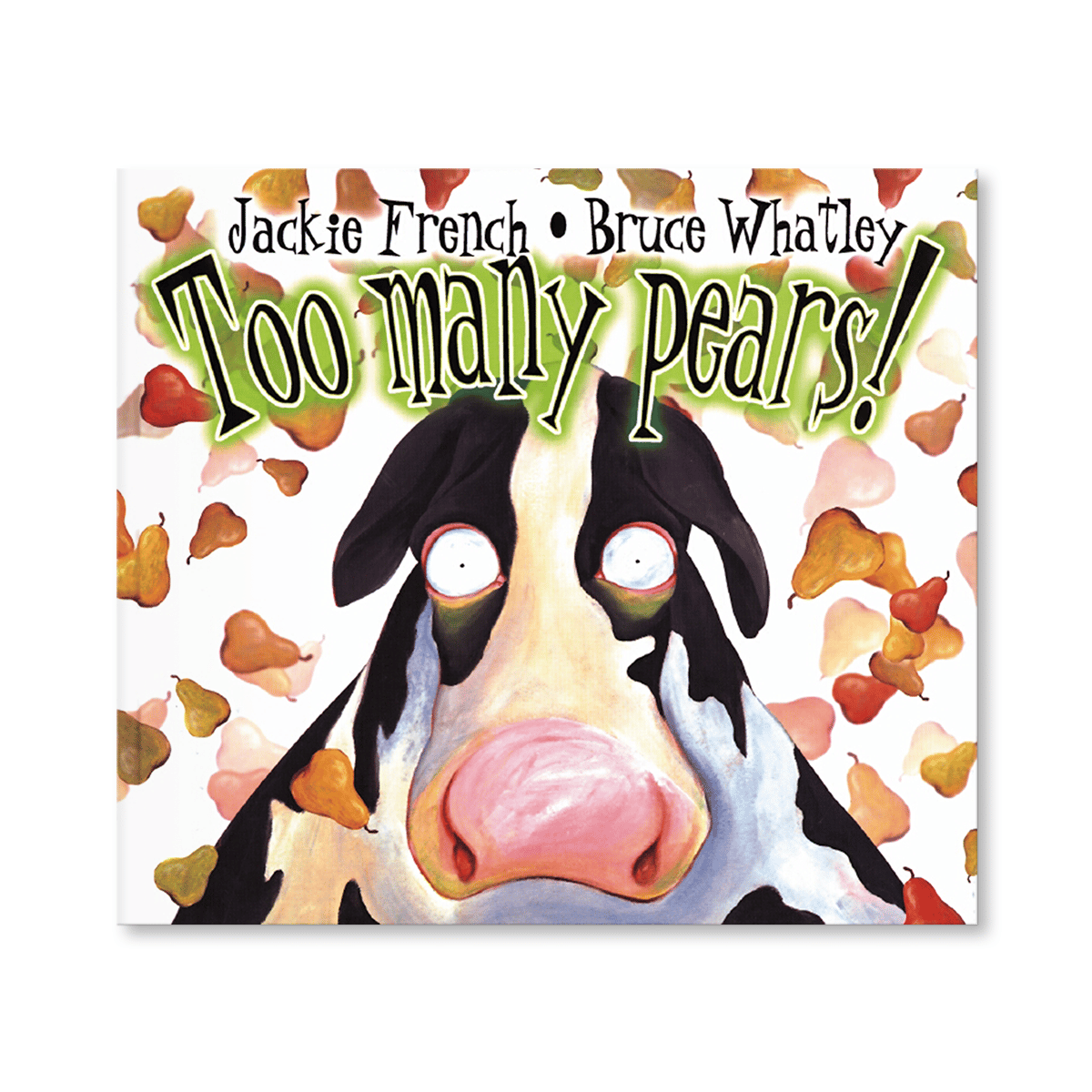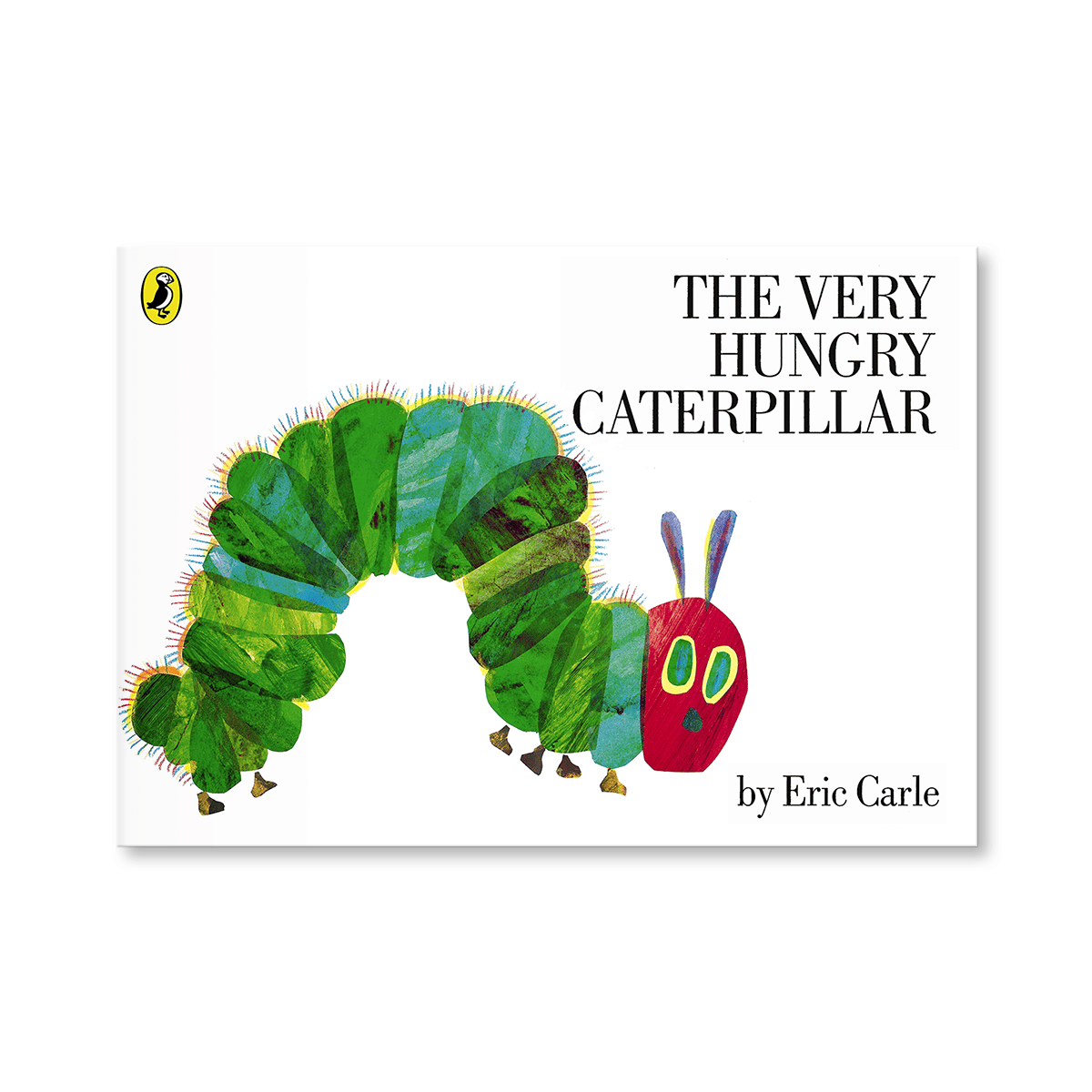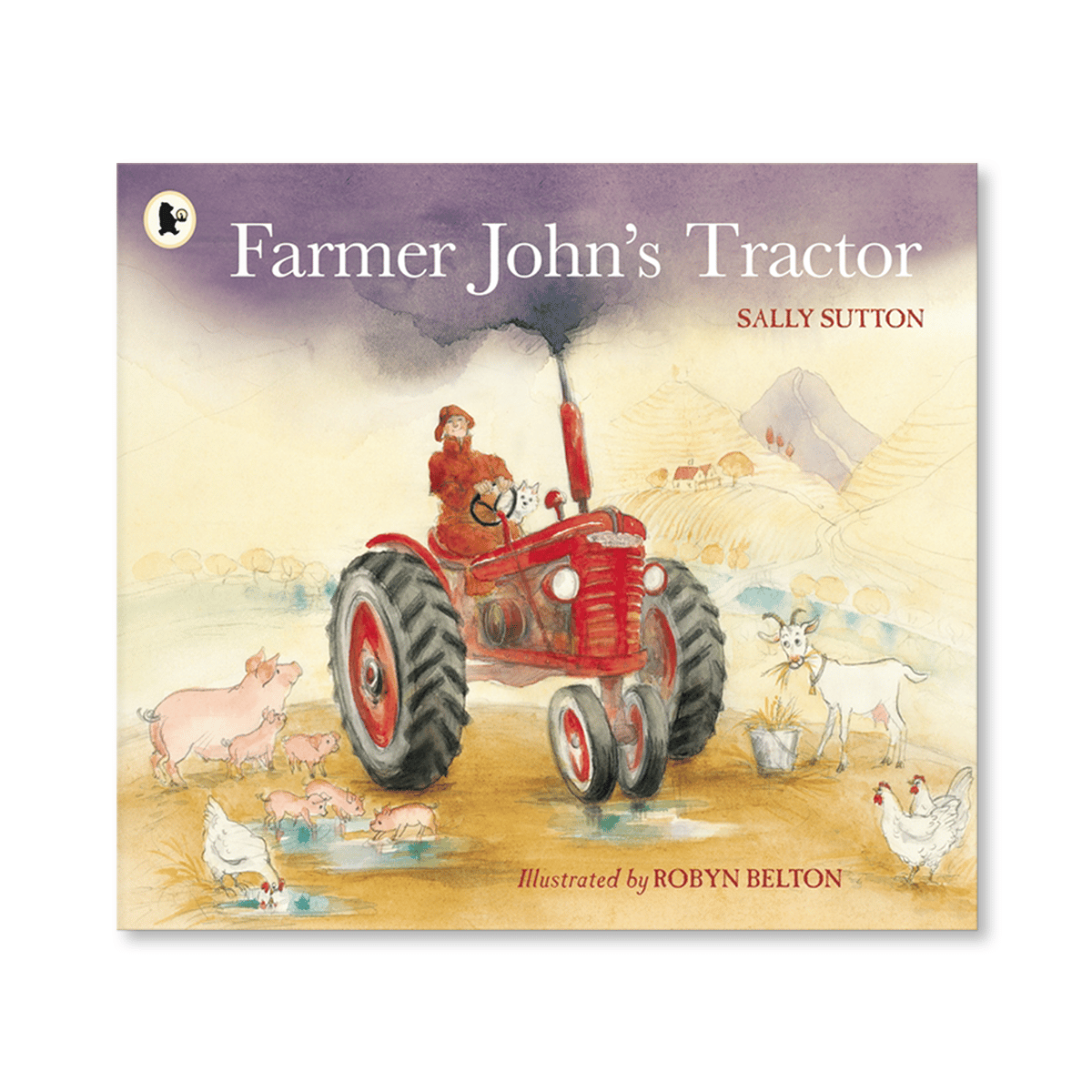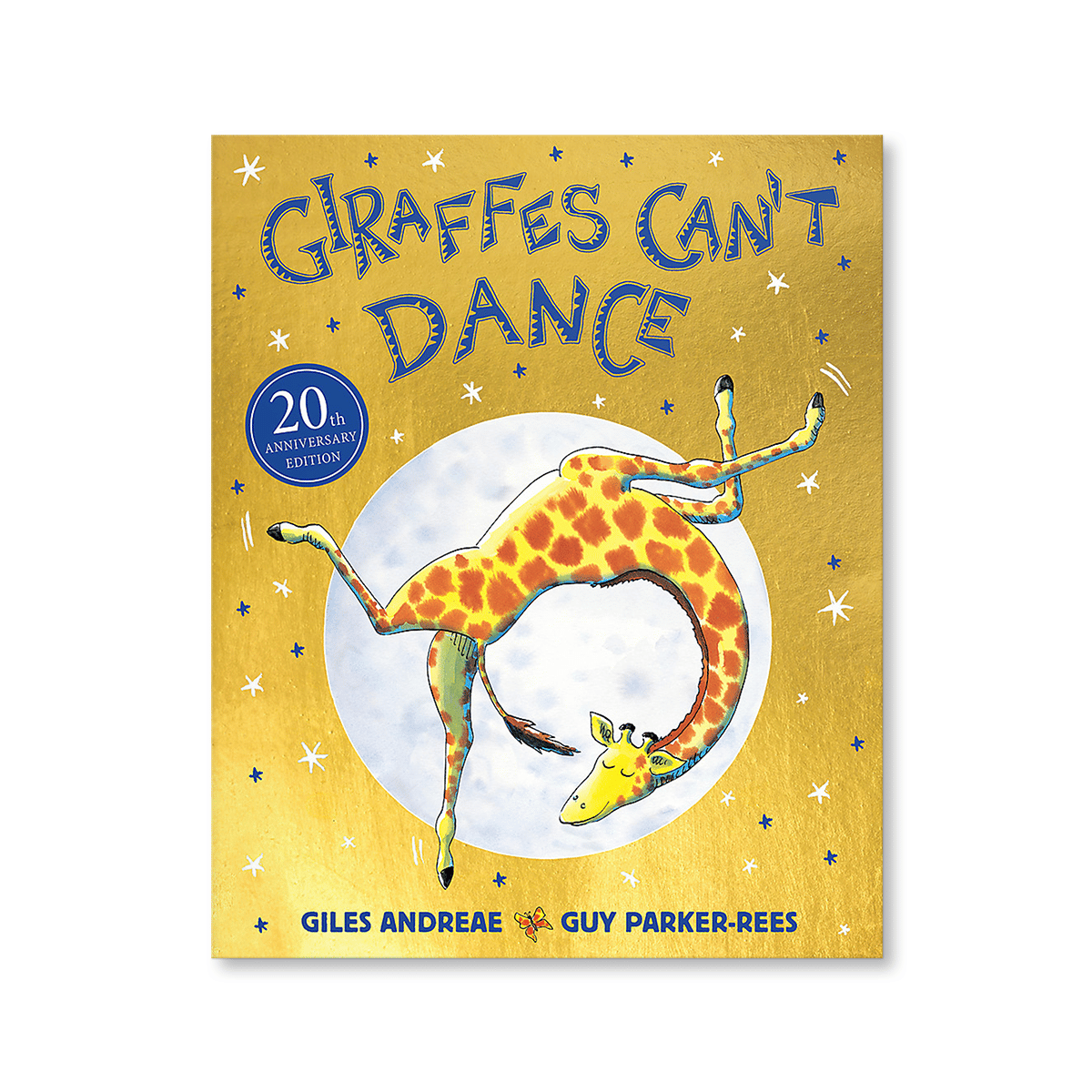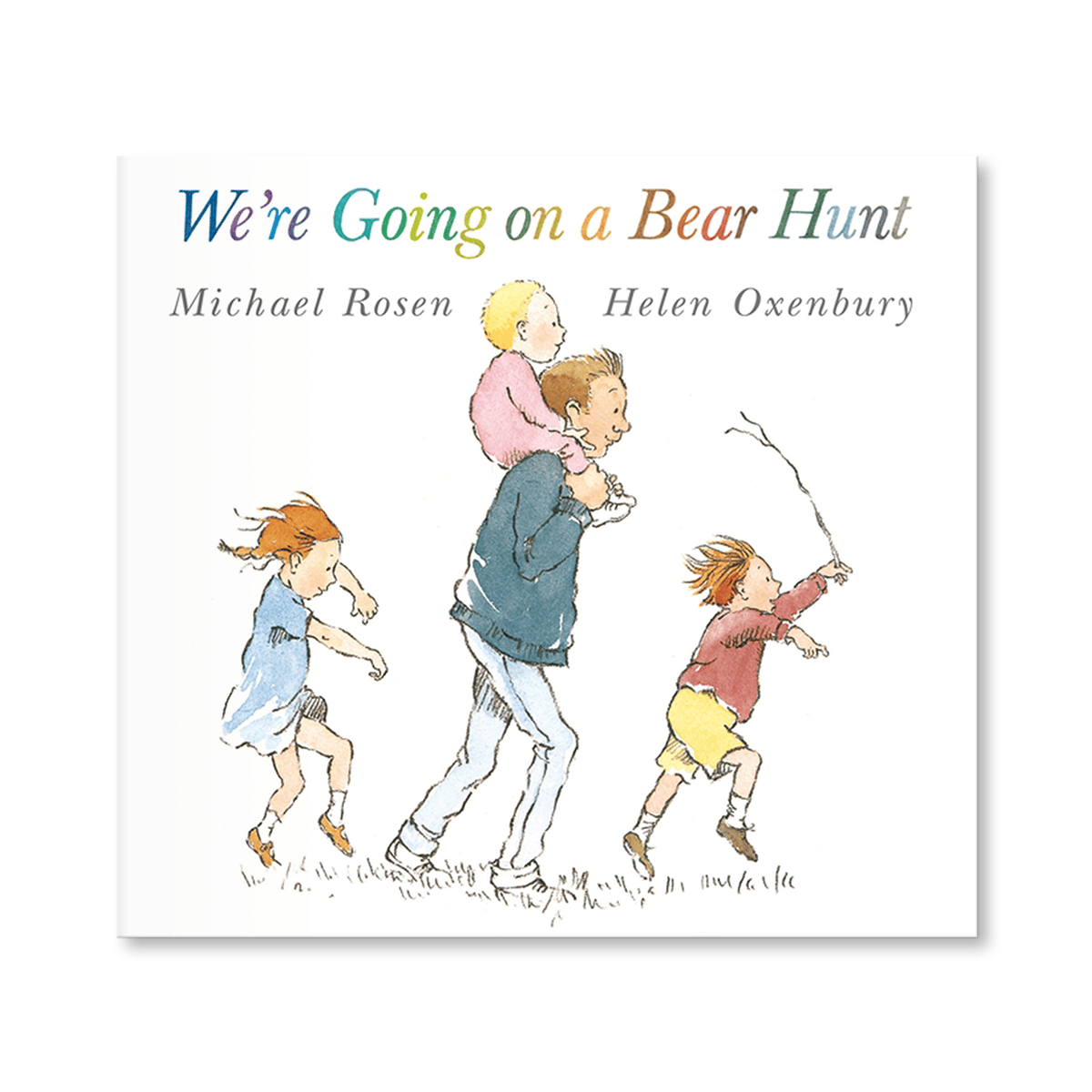Ernie Dances to the Didjeridoo
By Alison Lester
Illustrated by Alison Lester
For ages 6–8
When Ernie goes to live in an Aboriginal community in northern Australia, the people, climate, plants and animals are all new to him. Here are his letters to Clive, Nicky, Rosie, Frank, Tessa and Celeste, describing the life he discovers with his new friends in their wild and beautiful land.
Alison Lester visited Arnhem Land in 1996 and 1997 as a guest of the Gunbalanya Community School with her friend and fellow author Liz Honey. Together they worked with staff and students of the school to produce poems, plays, puppets and paintings.
This book is based on a story the upper Primary students made about their lives, called We Love Gunbalanya. Arnhem Land is owned by the Aboriginal people who have lived there for more than 50,000 years. There are many different tribes and language groups throughout Arnhem Land, but at Gunbalanya, where this book is set, the main language spoken is Kunwinjku.
For ages 6–8
When Ernie goes to live in an Aboriginal community in northern Australia, the people, climate, plants and animals are all new to him. Here are his letters to Clive, Nicky, Rosie, Frank, Tessa and Celeste, describing the life he discovers with his new friends in their wild and beautiful land.
Alison Lester visited Arnhem Land in 1996 and 1997 as a guest of the Gunbalanya Community School with her friend and fellow author Liz Honey. Together they worked with staff and students of the school to produce poems, plays, puppets and paintings.
This book is based on a story the upper Primary students made about their lives, called We Love Gunbalanya. Arnhem Land is owned by the Aboriginal people who have lived there for more than 50,000 years. There are many different tribes and language groups throughout Arnhem Land, but at Gunbalanya, where this book is set, the main language spoken is Kunwinjku.
$16.99
More information
Why picture books?
Picture books cover a diverse range of topics, expose children to words and language they might not hear normally in conversation, and teach children how reading works (left to right, top to bottom). While picture books might be too hard for early readers to read by themselves at first, the books are not too hard to understand. Reading picture books with your child will inspire them to learn to read on their own, and experience the pleasure of reading.



